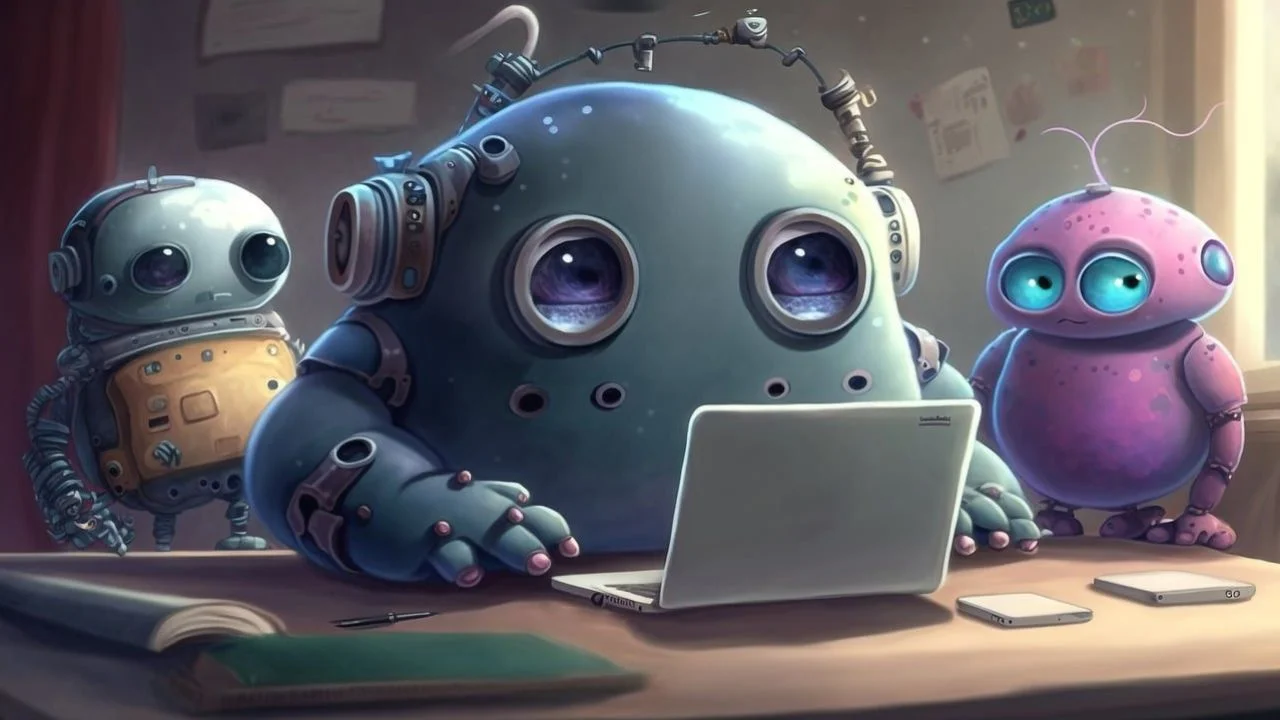Discover the future of AI conversational agents beyond ChatGPT. Explore innovations in natural language understanding and their impact across industries.

In the realm of artificial intelligence (AI), conversational agents have emerged as powerful tools transforming how we interact with technology. At the forefront of this revolution stands ChatGPT, an advanced language model developed by OpenAI, capable of generating human-like text based on the input it receives. However, as impressive as ChatGPT is, its capabilities represent just the beginning of what future AI conversational agents may achieve. This blog delves into the exciting advancements and potential developments that lie ahead in the world of AI conversational agents.
Today, AI conversational agents like ChatGPT have demonstrated remarkable abilities in understanding and generating human-like text. These agents are employed across various industries, from customer service and healthcare to education. ChatGPT, in particular, has shown prowess in natural language processing (NLP), capable of engaging users in meaningful conversations and providing valuable information.
Despite their advancements, current AI conversational agents face several challenges. These include difficulties in maintaining context over long conversations, understanding complex queries, and lack of emotional intelligence necessary for empathetic interactions. Overcoming these limitations is crucial for enhancing the usability and effectiveness of future AI agents.
Future AI conversational agents are expected to excel in understanding context and intent. This will involve advancements in NLP algorithms that enable agents to parse and respond to multi-turn conversations more accurately. Enhanced context awareness will allow agents to provide more relevant and personalized responses.
The next generation of AI agents will likely integrate multiple modalities, including text, speech, and visual inputs. This will enable them to interact seamlessly in diverse environments, such as augmented reality (AR) and virtual reality (VR). Imagine a virtual assistant that not only responds to your queries but also shows you visual demonstrations or guides through immersive experiences.
Future AI agents will be increasingly tailored to individual user preferences and behaviors. Through adaptive learning algorithms, these agents will continuously learn and evolve, providing increasingly personalized user experiences. This adaptability will be key in sectors like healthcare and customer service where personalized interactions can significantly improve outcomes.
As AI conversational agents become more sophisticated, ethical considerations regarding their use and development become paramount. Issues such as data privacy, algorithmic bias, and transparency in AI decision-making must be addressed to ensure responsible deployment of these technologies. Safeguarding user privacy and maintaining ethical standards will be crucial in building trust and acceptance of AI agents in society.
AI conversational agents are poised to revolutionize healthcare by assisting in diagnostics, patient monitoring, and personalized treatment plans. Virtual health assistants could provide round-the-clock support, improving healthcare accessibility and efficiency.
In the realm of education, AI tutors could offer personalized learning experiences tailored to individual student needs. These agents can adapt teaching styles and materials based on student performance data, fostering better educational outcomes and engagement.
For businesses, AI-powered virtual assistants can streamline customer service, automate sales processes, and enhance marketing campaigns. These agents can handle customer inquiries, recommend products or services, and even conduct sales transactions, thereby boosting operational efficiency and customer satisfaction.
The widespread adoption of AI conversational agents will inevitably impact societal norms and employment landscapes. While these agents can augment human capabilities and productivity, they may also raise concerns about job displacement and workforce retraining. Balancing the benefits of AI adoption with its societal implications will be crucial in shaping a future where AI serves as a collaborative tool alongside humans.
In addition to the advancements discussed, several AI chatbots are currently leading the market in transforming customer interactions and business operations:
Freshworks: Known for its robust customer engagement solutions, Freshworks offers AI-powered chatbots that enhance customer service and support.
Drift Chat: Drift Chat specializes in conversational marketing and sales, using AI to personalize customer interactions and improve lead conversion.
Intercom: Intercom’s AI chatbots are renowned for their ability to automate customer support and sales processes, providing seamless user experiences.
Chatfuel: Chatfuel is a popular platform for creating AI chatbots on Facebook Messenger, helping businesses automate responses and engage customers.
Landbot.io: Landbot.io enables businesses to build conversational interfaces with AI capabilities, enhancing user engagement across various channels.
Customers.ai: Customers.ai focuses on AI-driven solutions for customer relationship management, optimizing interactions through predictive analytics.
Pandorabots: Pandorabots offers AI chatbot development tools, empowering developers to create sophisticated virtual assistants for diverse applications.
Tidio: Tidio provides AI chatbots for website integration, enhancing customer support and lead generation efforts with real-time interactions.
Aivo: Aivo’s AI chatbots are designed to automate customer service and streamline communication processes, improving efficiency and user satisfaction.
ManyChat: ManyChat specializes in chatbot marketing automation for Facebook Messenger and SMS, helping businesses engage and nurture leads effectively.
These AI chatbots exemplify the diverse applications and capabilities of AI in enhancing customer interactions, automating workflows, and driving business growth.
In conclusion, the future of AI conversational agents holds immense promise for transforming how we interact with technology and each other. From enhanced natural language understanding to personalized user experiences and ethical considerations, the evolution of these agents will shape various aspects of our lives. Embracing innovation responsibly and preparing for the ethical challenges ahead will be key in harnessing the full potential of AI conversational agents for the benefit of society.
As we look forward to what lies beyond ChatGPT, it becomes clear that the journey towards more advanced AI conversational agents is not just about technological advancement but also about ensuring that these technologies serve humanity ethically and responsibly. By addressing the challenges and leveraging the opportunities presented by AI, we can pave the way for a future where intelligent conversational agents enrich our lives in meaningful and impactful ways.
Subscribe and get 3 of our most templates and see the difference they make in your productivity.
Includes: Task Manager, Goal Tracker & AI Prompt Starter Pack
We respect your privacy. No spam, unsubscribe anytime.